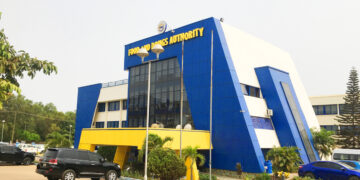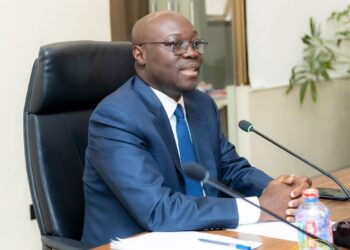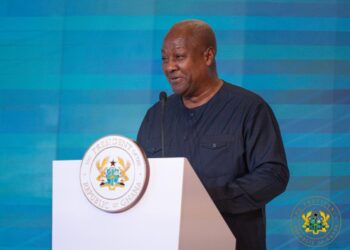Dr. Frederick Appoh, Executive Director of the Ghana Railway Development Authority, has underscored the urgent need for private sector involvement in the operationalisation of the country’s railway system, stressing that the government alone cannot shoulder the financial burden.
Speaking on the Citi Breakfast Show on Tuesday, May 20, 2025, Dr. Appoh explained that the challenges facing Ghana’s railway sector stem largely from its state-controlled operational model, which he described as outdated and unsustainable.
Dr. Appoh noted that globally, most countries have adopted a model where the state owns the infrastructure, while private entities manage operations.
He pointed out that only Ghana, along with Romania and Slovakia, still have state-run rail operations, which often results in limited revenue, poor innovation, and a lack of long-term development.
“The operation of the railway hasn’t been great. Not because the government is not supportive, but it is due to the fact that we have not managed to involve the private sector in the operationalisation of railways.
“Globally, with the exception of Ghana and two European countries, Romania and Slovakia, you don’t have the state running a rail system. What you have is that the state owns the infrastructure, and the private sector participates in the operation. In most cases, when the state owns the coaches, you will have issues of revenue generation, a lack of innovation, and you don’t have the room for further development,” he stated.
Using the recently completed Tema-Mpakadan Railway line as a case in point, Dr. Appoh said efforts are underway to shift toward a more sustainable model.
Dr. Appoh believes this new strategy will not only ease the financial burden on the government but also open up opportunities for innovation and efficiency in the rail sector.
“What we are putting in place is to enable this to happen. We have set up an operationalisation plan for the Tema-Mpakandan. We are also proposing a market funding approach to allow private sector participation in the industry to promote development, and some sought of competition within the line,” he noted.





































